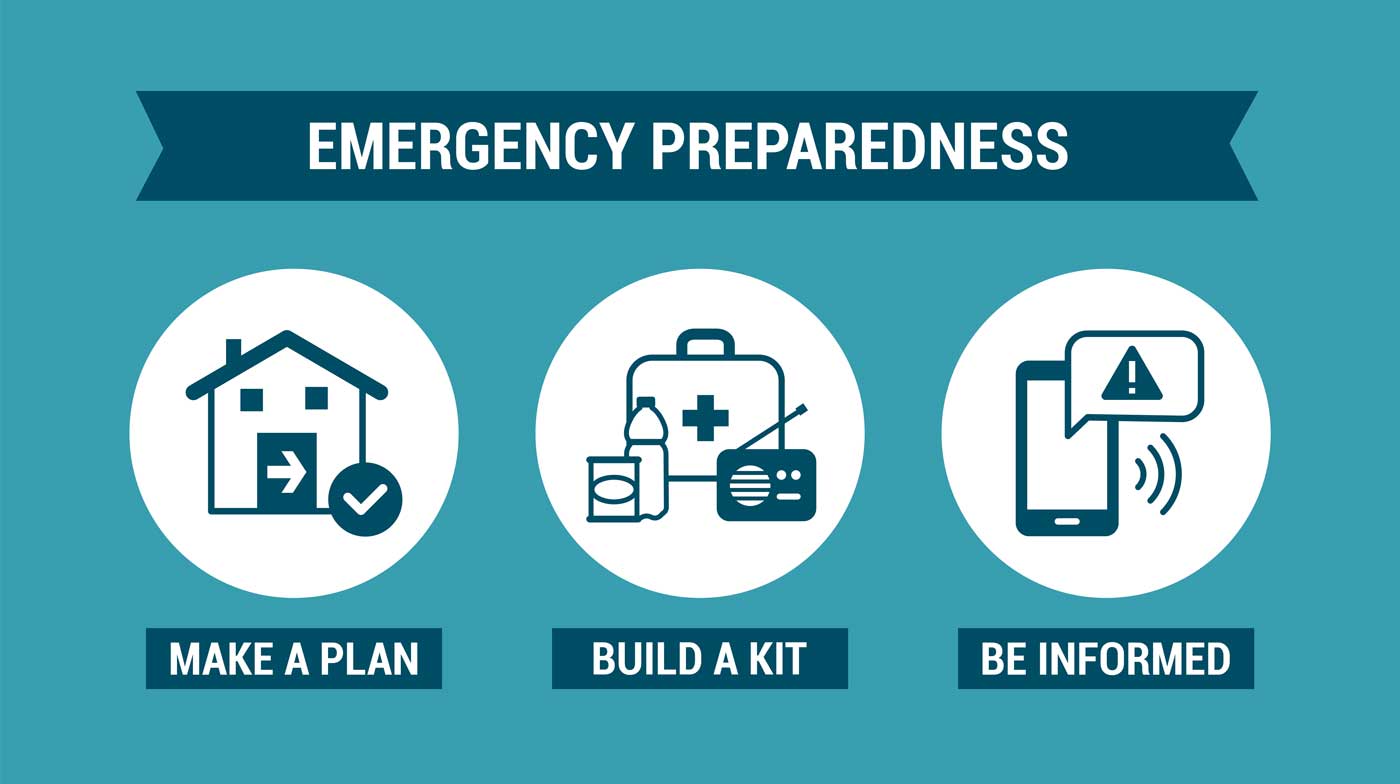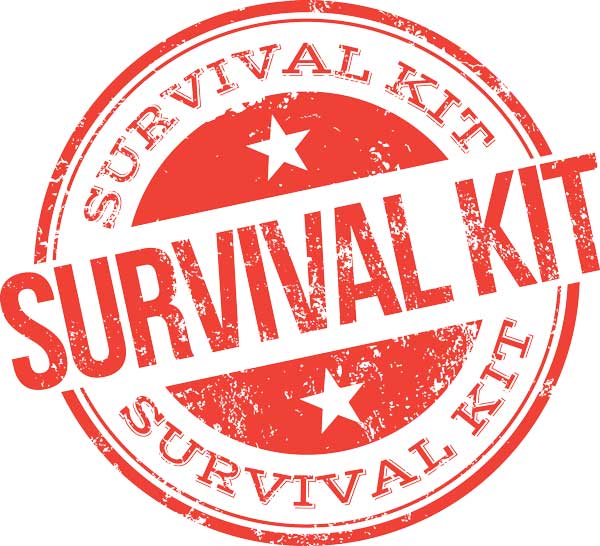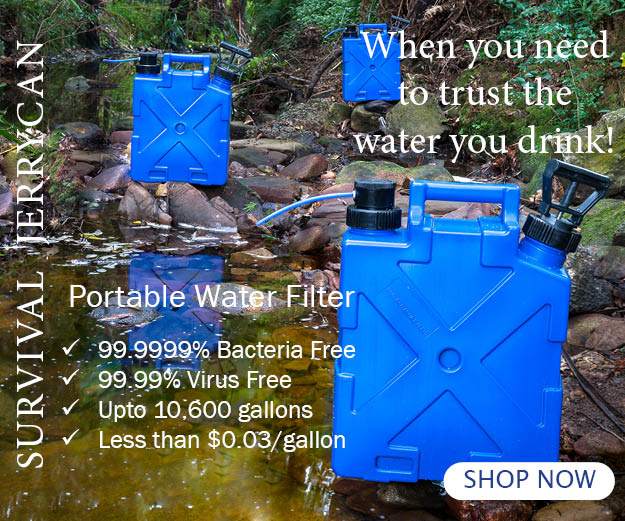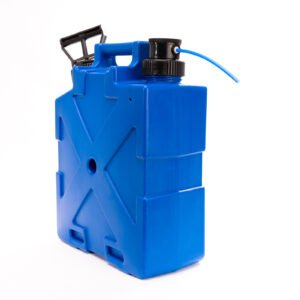Preparing for an Emergency as One Could Strike at Any Time can impact your Survival
When you get up each morning, you never know what the day will bring. A natural disaster can happen at any time, and the same is true of a terrorist attack. These are two examples of emergencies you need to be prepared for. What can you do to ensure your survival? What is your Emergency Response Plan? There are three major things every person should do, so if the worst does happen, surviving is easier.
Did you know that less than 28% of American’s have not evene a basic emergency kit at home!

The first thing you need to do is be informed. A disaster can strike in many ways. Tornadoes, hurricanes, and earthquakes are the first three that may come to mind. What about a pandemic, though, or a chemical spill that requires you to evacuate or hide in your house? This will require different resources. The same is true of a terrorist attack, which may come in many forms. Know what to do in each situation, and your chances of survival will increase.
Make your own personal Emergency Plan
Once you have learned about the different threats to your survival, you need to prepare for them. A plan needs to be made based on your risks as they may be different from others. This emergency plan should be tailored to meet your needs, and it should be designed to protect yourself and your family. The more you are prepared, the easier it will be to get through these difficult times.
The one thing you should ensure is part of your preparedness plan is a way to access clean drinking water.
A minimum of one basic disaster supplies survival kit should be built.
This kit should be assembled before the threat of an emergency, as you may not have time to grab anything when disaster strikes. In this kit, you will need water, food, and other supplies.
Make sure you have enough for a 72 hour period. As you may need to change locations due to the emergency, you don’t want to have to carry water with you.
For this reason, you should look into purchasing a portable water filter.

How much water do you need in an emergency?
Water is essential for human survival, but, during a disaster, clean drinking water may be in short supply. As experts recommend that you have a minimum of one gallon of water per person in your family per day and a three-day supply, you can see how much storage room this will take.
Certain people, such as the elderly and infants, will need more, and the same is true of you if you live in a warm climate.
Often, you will hear that you should purchase commercially bottled water for this situation (Read our article “Is all water Equal?”) . This water should be stored in the container it came in and should not be opened until you need to use it. If you go this route, you will need to store it in a cool, dry, dark place.
Many find it is easier to make use of a portable water filter. This type of filter will allow you to take water on hand and clean it, so it is safe for drinking. It takes up less space and yet accomplishes the same purpose. In addition, if you buy replacement filters, you will have a water source for longer than three days.




